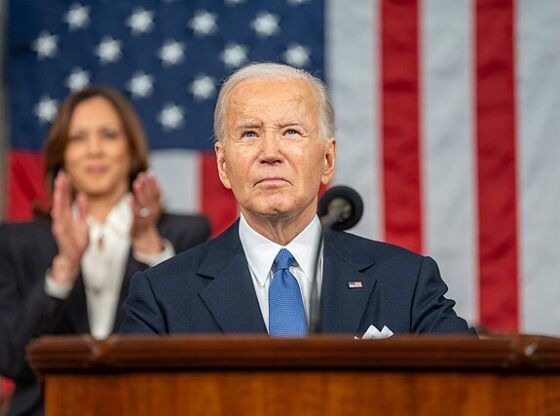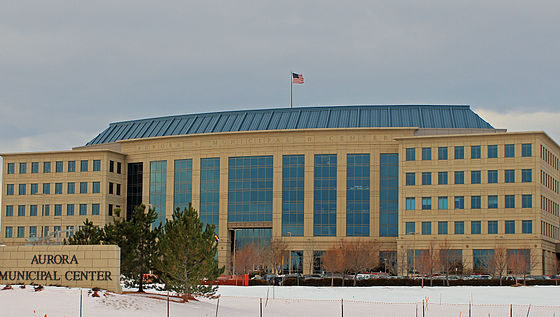The ballot initiative sought stricter enforcement of the city’s existing urban camping ban, the establishment of four city-run campsites and allowing property owners to seek compensation from the city for failure to enforce the ban.
Denver voted down a ballot initiative that would have required the city and county of Denver to clear homeless encampments within 72 hours of a complaint being filed and allow for private enforcement of the ban if the city failed to comply. The initiative also called for the city to create and run four public sites for people to camp in.
The initiative arose out of the growing tension and the increasing levels of homelessness in Denver. The Board of Public Health and Environment reported that more than 4,000 people were experiencing homelessness in 2020.
Calls for stricter enforcement were met with similar backlash to previous attempts to push the city to crack down on homeless encampments. In 2020, the city spent more than $400,000 on encampment sweeps, which were criticized as an expensive, ineffective and at times inhumane way of attempting to combat homelessness.
Opponents of the initiative cited the violation of a federal order and additional costs to the city as reasons to vote against it. The four public camping sites that Initiative 303 called for were estimated to have cost the city more than $2.7 million each.
Opposition group Oppose 303 called the initiative “another attempt to over-police and criminalize our unhoused neighbors.”
While many saw Initiative 303 as an extension of ineffective measures, supporters cited increasing crime rates and the protection of property rights as cause for action.
Safe and Clean Denver, a pro-303 organization, said that “illegal encampments pose a public health risk to all” and “promote an environment of disease, open drug use, violence, crime and overdoses.”
On Oct. 31, a Denver judge ruled that the portion of the initiative that provided a 72-hour timeline for enforcement was in violation of a federal court order that mandates residents of encampments be given at least seven days’ notice before an encampment can be removed.
If the initiative had passed, this portion would not have been enforceable by the city, leaving only the creation of public camping spaces with restrooms, running water and lighting.
“We are sending a message that surveilling and reporting our neighbors is not what the Denver community is about. We’re excited and hopeful to move forward with more equitable and sustainable solutions that truly support people experiencing homelessness, and that are informed by their lived experiences, rather than by dark money and political interests,” Oppose 303 said in response to the initiative’s failure.
Initiative 303 failing to pass leaves property owners in Denver to deal with homeless encampments while not providing any form of aid or assistance to Denver’s homeless population. As homelessness continues to grow in the city, residents and politicians will have to develop alternative strategies to combat it in an effective, humane and fiscally practical way.











